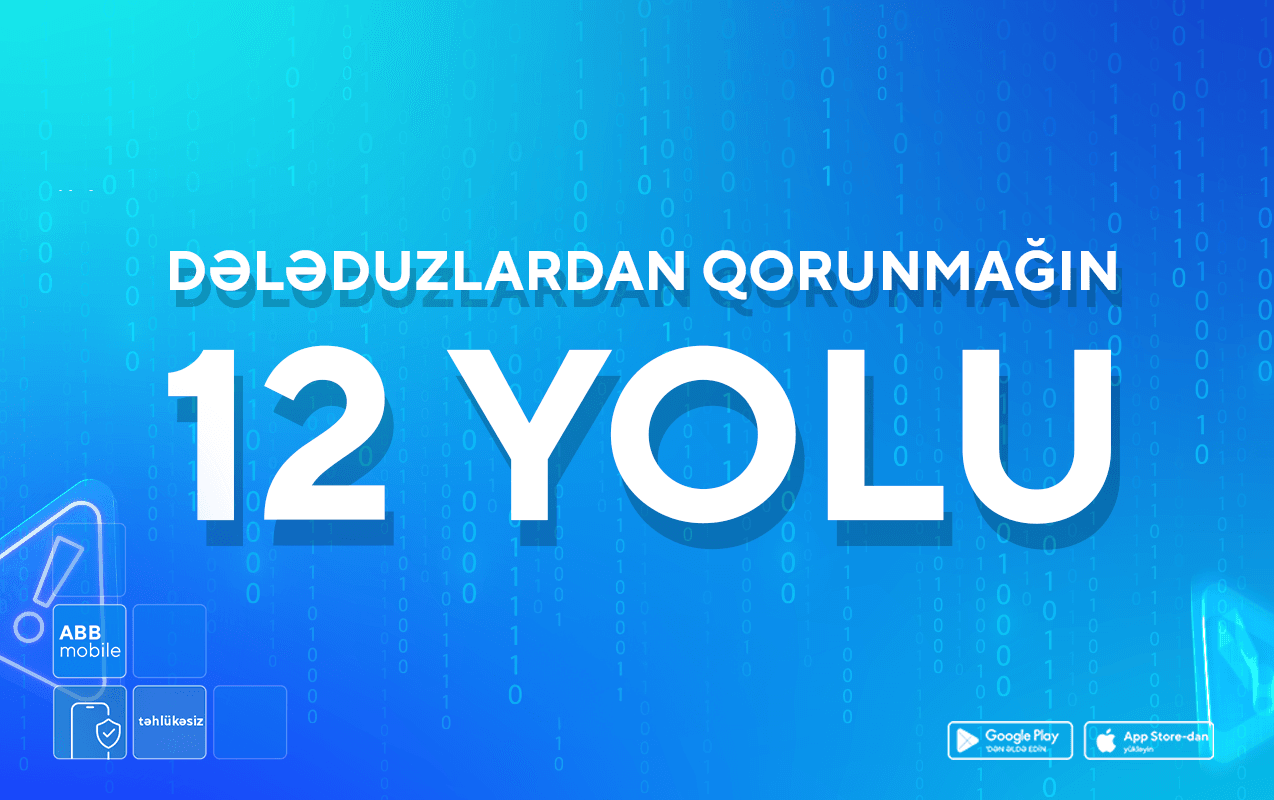Cyber fraud against bank clients has become one of today’s major problems. Almost every day, someone trusts fraudsters, shares their personal data, and ends up suffering the consequences.
Your reliable bank ABB has compiled a list of the most common cyber fraud scenarios to protect customers and raise awareness.
Read, share, and keep yourself and others safe!
1. Stay alert if someone calls claiming to be a bank employee!
Very often, fraudsters call pretending to be bank staff. Under the pretext of “detecting a suspicious transaction” or “system issues,” they ask for confidential data to “protect your funds.” Listen, but don’t believe them. Never share these details (the 16-digit card number, CVV or CVC code, OTP from SMS, or your online banking password) with anyone. The bank already has this information and can perform any operation without calling you.
2. Verify urgent money requests from loved ones!
Sometimes, fraudsters hack WhatsApp, Telegram, Instagram, and other social networks and message your contacts, urgently asking for money. In such cases, always call the sender and confirm whether it’s really them. Even calls from their number shouldn’t be trusted immediately — fraudsters may try to exploit your anxiety.
3. Don’t believe those who claim to have “accidentally” transferred money to your account!
This is a common trick: you get a call or message saying money was sent to your account by mistake and asking you to send it back. Be careful — this is a scam! Check your balance and contact the bank before making any transfers.
4. Research discount and gift offers!
If you see offers for discounts, investment opportunities, cheap electronics, flight tickets, gift cards, making money by posting reviews, etc., always check the company’s official website.
5. Don’t get excited about every “good news” message!
If someone calls or writes to you about winning a lottery or prize and asks for confidential information to transfer your winnings, thank them and consult your bank first.
6. Don’t participate in suspicious online lotteries!
Fraudsters often send links inviting you to join online lotteries or giveaways. Don’t follow these links without checking — most are phishing sites. Entering your data there won’t increase your chance of winning, but it will put your information in fraudsters’ hands.
7. Protect your mobile device!
Download apps only from official stores. Before paying online, check the website address carefully. Never share your data with strangers or install apps at someone else’s request.
8. Always use a secure internet connection!
Never use online banking via public WiFi or other people’s devices.
9. Don’t trust suspicious buying/selling offers!
If someone asks for your card details to pay an advance for something you’re selling, don’t share them. A real buyer will pay in person.
10. Monitor your accounts!
Download your bank’s mobile app, regularly check your transaction history, enable SMS notifications, and block your card immediately if you notice suspicious activity.
11. Know what information your bank may ask for!
A bank employee may only ask for limited information for identification purposes: CIF, the first/last 4 digits of your card, your registered phone number, or FIN. They never ask for your full card number, PIN, or SMS codes.
12. Use ABB mobile!
ABB mobile is ISO:IEC 27001:2022 certified, uses international security systems, and requires dual identification during registration (with FIN and SİMA signature).
